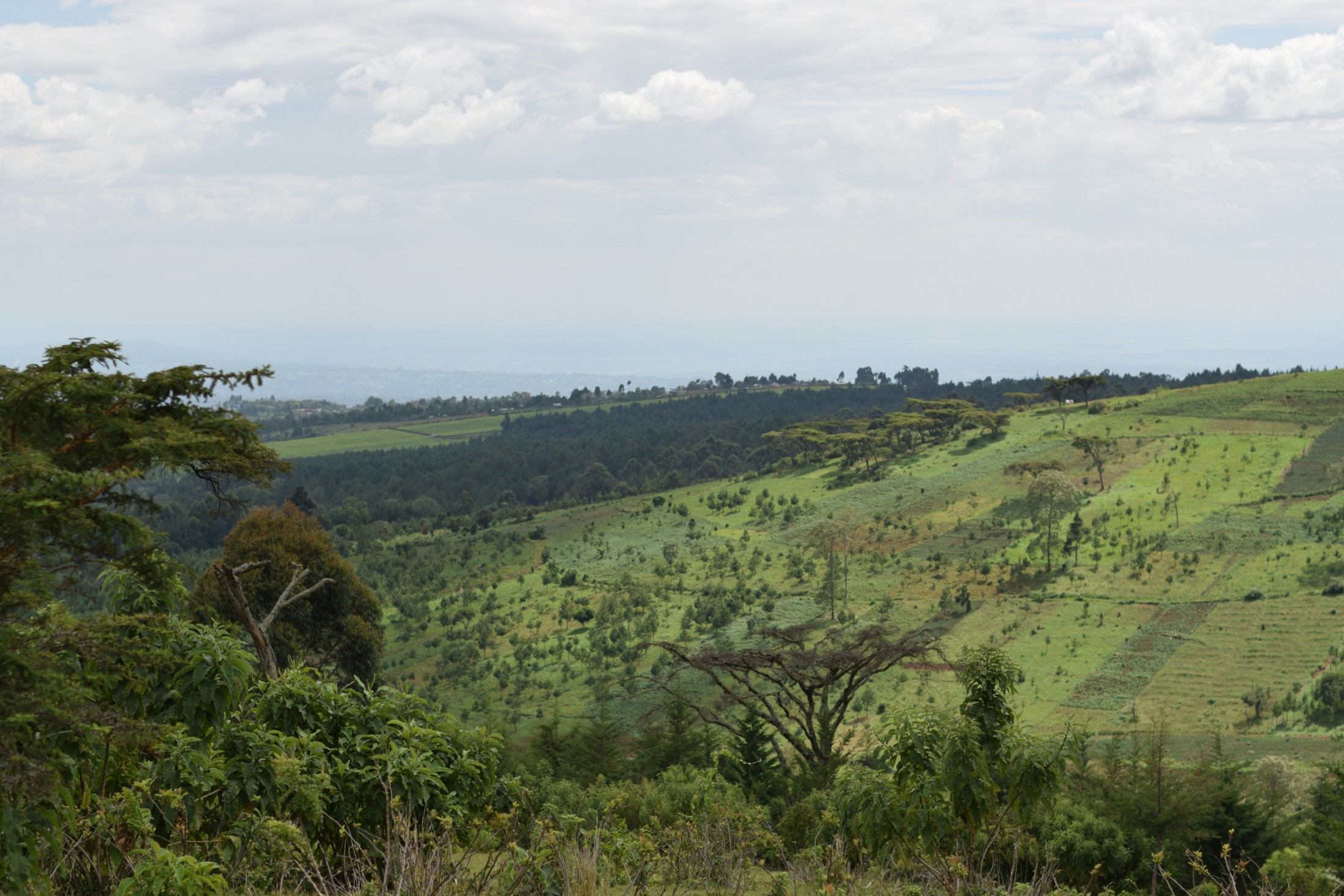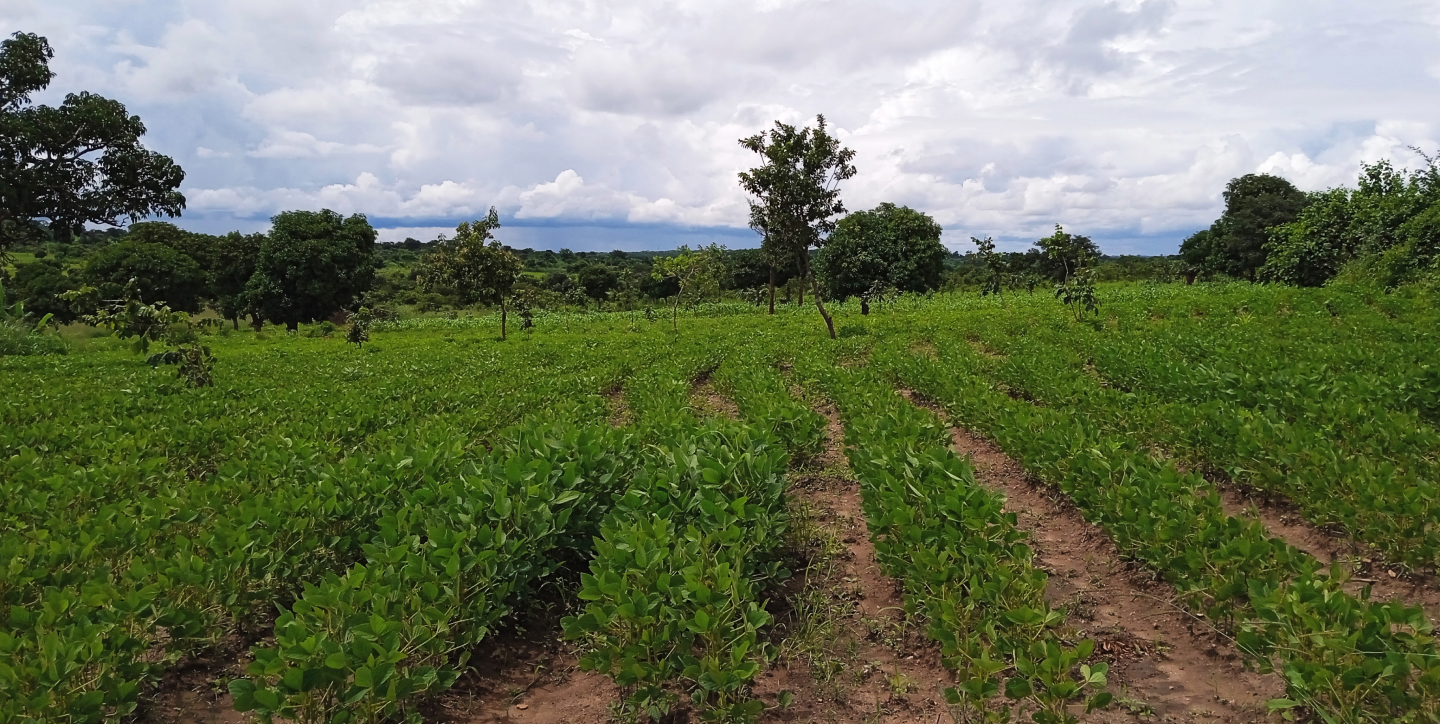University of Oxford
11a Mansfield Rd
OX1 3SZ
UK

Robert Bogdan
Background
I’ve long been fascinated by the inextricable link between people and nature, and believed that the voices and knowledge of indigenous peoples and local communities should play a central role in developing conservation policy and practice. I enjoy researching and developing robust, cost-effective and ethical approaches to monitoring biodiversity in challenging environments, and for engaging with indigenous peoples and local communities. I love drawing on interdisciplinary methods to research socio-ecological systems, and translating research into outputs that inform conservation practice and policy.
Research Interests

My research spans both the theoretical and practical aspects of conservation science. I use interdisciplinary approaches to explore complex conservation challenges, with a focus on developing community-led approaches for monitoring species hunted for wild meat and their threats, and building an evidence-base for the role of community-led conservation on ecological outcomes.
I also work on improving the practice and ethics of conservation research using social research methods, with particular recent emphasis on participatory approaches.
Current Research

Biodiversity and ecosystem services on lands governed by indigenous peoples and local communities (IPLCs) are declining less rapidly than elsewhere. These lands constitute at least a quarter of the total global land area (IPBES, 2019) and overlap significantly with biodiversity-rich areas. They are therefore crucial to fulfilment of the CBD objectives. They also provide significant carbon stores. However, IPLC contributions to management, conservation and sustainable use of biodiversity and to global climate change mitigation are largely unsupported and invisible in the CBD’s national and global reporting processes. Likewise, mechanisms for IPLC participation in the CBD are weak.
My current research, in collaboration with the Forest Peoples Programme, UNEP WCMC and Life Mosaic, seeks to embed and scale-up the contributions of indigenous peoples and local communities (IPLCs) to the conservation and sustainable use of biodiversity, in all aspects of the post-2020 Global Biodiversity Framework. This will be achieved through work in partner countries including Kenya and Vietnam to (i) support IPLCs to undertake local initiatives for self-determined land and resource governance for biodiversity conservation, sustainable use and benefit-sharing; (ii) develop new national partnerships and enabling measures to support the above; (iii) develop effective partnerships and accessible mechanisms for full and equitable participation of IPLCs in national and global policy, and (iv) document, exchange, and disseminate lessons learned at local, national and global levels.
Brief CV
Education:
- 2015-2019 | University of Oxford | DPhil candidate
Thesis: “Incorporating Local Ecological Knowledge into Wildlife Population Monitoring”
- 2012-2013 | Imperial College London | MSc Conservation Science | Grade: distinction
Thesis: “Rapid assessment of the status and distribution of the Forest Elephant (Loxodonta cyclotis) in South East Cameroon”.
Work experience:
- 2022- Present Board member, Society for Conservation Biology Social Science Working Group
- 2022- Present Research Associate, University of Oxford. “Embedding and scaling up the contributions of indigenous peoples and local communities (IPLCs) to the conservation and sustainable use of biodiversity: towards transformative change”. Funded by the International Climate Initiative (IKI).
- 2021-2022 Postdoctoral researcher, Biodiversity & Society programme, Oxford Martin School. “Towards development of evidence-based policy on fostering enabling conditions for successful conservation outcomes in the lands and territories of indigenous peoples and forest communities”.
- 2019-2021 Postdoctoral Researcher, University of Oxford. “Why Eat Wild Meat? Developing effective alternatives to wildmeat consumption”. Funded by The Darwin Initiative.
- 2014- 2015 Project & Communications Officer, Agriculture for Impact. Centre for Environmental Policy, Imperial College London.
- 2013- 2019 Freelance Ecology Fieldwork Assistant (Various across the UK).
- 2012 Research Assistant, Frontier Cambodia. “Livelihoods and sustainable resource use in Kulen Promtep Wildlife Sanctuary”.
- 2009- 2012 Project Executive, London Community Resource Network.
Awards & Funding:
- 2013 The Gerald Durrell Prize for the best thesis, MSc in Conservation Science, Imperial College London.
Papers
Peer-reviewed literature- Lead author papers
- Brittain, S., Kamogne-Tagne, C. T., Roe D., et al. (2022). Using scenarios to better design protein alternative projects in Cameroon. Conservation Science & Practice.
- Brittain, S., Rowcliffe, J.M., Earle, S., et al. (2022). Power to the people: analysis of occupancy models informed by local knowledge. Conservation Science and Practice. https://doi.org/10.1111/csp2.12753
- Brittain, S., Kamogne-Tagne, C.T., Roe D., et al. (2022). The drivers of wild meat consumption in rural Cameroon: Insights for wild meat alternative project design. Conservation Science & Practice. https://doi.org/10.1111/csp2.12700
- Brittain, S., Rowcliffe, J.M., Kentatchime, F. et al. (2022). Comparing interview methods with camera trap data to inform occupancy models of hunted mammals in forest habitats. Conservation Science and Practice. https://doi.org/10.1111/csp2.12637
- Brittain, S., Tugendhat, H., Newing, H.S., Milner-Gulland, E.J. (2021). Conservation and the rights of Indigenous peoples and local communities: looking forwards. Oryx. 10.1017/S0030605321000946
Brittain, S., Ibbett, H., de Lange, E. et al. (2020) Ethical considerations when conservation research involves people. Conservation Biology. 10.1111/cobi.13464 - Brittain, S., Milner-Gulland,E.J., Ngo Bata, M., Rowcliffe, M. (2018) Combining local knowledge and occupancy analysis for a rapid assessment of forest elephants in Cameroon’s timber production forests. Oryx. https://doi.org/10.1017/S0030605317001569
Peer-reviewed literature- Lead coauthored papers
- Kamogne Tagne, C.T, Brittain, S., Coad, L (2022). The impact of Covid-19 on wildmeat hunting and local livelihoods in communities surrounding the Dja reserve. African Journal of Ecology. https://doi.org/10.1111/aje.12995
- Tudge, S., Brittain, S., Kentatchime, F. et al. (2022). The impacts of human activity on mammals in a community forest near the Dja Biosphere Reserve in Cameroon. Oryx. 10.1017/S0030605321000806
- Pienkowski, T. et al. (2022) Protecting those who protect nature by supporting conservationists’ mental wellbeing. Conservation Letters. 10.21203/rs.3.rs-1132018/v1
- Whytock, R.C. et al. (2022). Real-time alerts from AI-enabled camera traps using the Iridium satellite network: a case-study in Gabon, Central Africa. Preprint. 10.1101/2021.11.10.468078
- Pienkowski, T. et al. (2022). Personal traits predict conservationists’ optimism about outcomes for nature. Conservation Letters. 10.1111/conl.12873
- Pienkowski, T. et al. (2021) Balancing making a difference against making a living. Conservation Biology. 10.1111/cobi.13846
- Zwerts, J.A. et al. (2021) Methods for wildlife monitoring in tropical forests: Comparing human observations, camera traps and passive acoustic sensors. Conservation Science and Practice. 10.1111/csp2.568
- Booth, H., Arias M., Brittain S et al. (2021) Saving Lives, Protecting Livelihoods, and Safeguarding Nature”: Risk-Based Wildlife Trade Policy for Sustainable Development Outcomes Post-COVID-19. Frontiers in Ecology and Evolution. 10.3389/fevo.2021.639216
- Whytock, R.C. et al. (2021) Robust ecological analysis of camera trap data labelled by a machine learning model. Methods in Ecology and Evolution. 10.1111/2041-210X.13576
- Booth, H et al. (2021) Investigating the risks of removing wild meat from global food systems, Current Biology. doi.org/10.1016/j.cub.2021.01.079
- Ibbett, H., Brittain, S. (2018) Conservation publications and their provisions to protect research participants. Conservation Biology. 10.1111/cobi.13337
Other reports and media
- Brittain, S., Booker, F. (2022). Wild meat: developing alternatives through good project design. IIED Policy Brief.
- Kamogne Tagne, C.T, Brittain, S., Coad, L (2021) The impact of Covid-19 on wildmeat hunting and local livelihoods in communities surrounding the Dja reserve. Project Report. IIED, London
- Brittain S (2021) Why Eat Wild Meat? Local food choices, food security and desired design features of wild meat alternative projects in Cameroon. Project Report. IIED, London
- Brittain, S et al. (2020). Wild Meat Alternative Projects: Practical guidance for project design. Toolkit, IIIED https://pubs.iied.org/17661iied
- Glatzel, K., Alpert, E., Brittain, S., Conway, G. (2014) ‘No Ordinary Matter: Conserving, preserving and enhancing Africa’s soils. Montpellier Panel Report, Agriculture for Impact.
- Glatzel, K., Alpert, E., Brittain, S., Conway, G. (2014) ‘Small & Growing: Entrepreneurship in African Agriculture’. Montpellier Panel Report, Agriculture for Impact.
